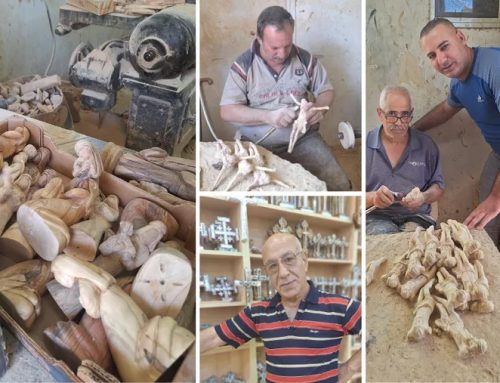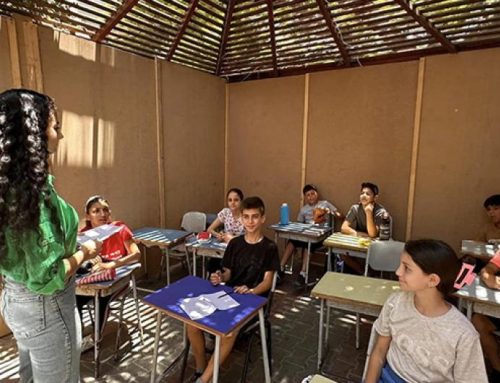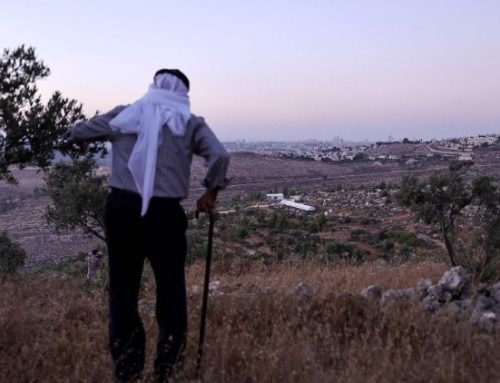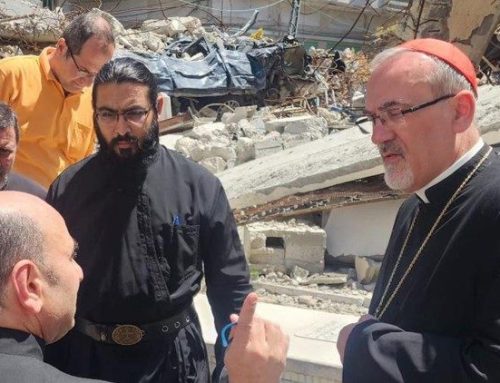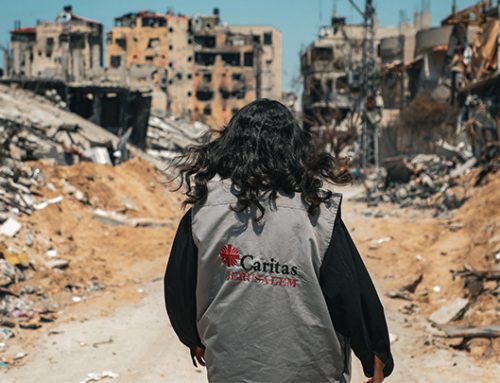
The debate was stirred by a leading cardinal who, on Saturday (Oct. 13), showed a controversial video called “Muslim Demographics” which purports to show Islam’s growing global influence. The video was shown during a Vatican-organized synod of bishops on new ways to evangelize in the modern world.
The accuracy of the seven-minute video’s data and projections have been sharply disputed and criticized by experts since its emergence in 2009, but the film sparked renewed soul-searching among Catholic leaders on the church’s stance towards the growth of Islam in the West and in Africa.
Highlighting the sensitivity of the issue, the Vatican was quick to distance itself from the video and its contents. The cardinal who showed it, Ghana’s Peter Turkson, head of the Vatican office for justice and peace, has apologized.
According to the Rev. Samir Khalil Samir, an Islam expert at the synod, some bishops were “highly critical” of the video and questioned its data and assertions. Others, such as Germany Cardinal Joachim Meisner, considered it a “warning” that the church must, at least in some measure, heed.
The “Demographics” debate erupted just as the Vatican was displaying renewed concern over the fate of Christian minorities in the Middle East. On Wednesday the Vatican announced the imminent departure of a high-level delegation to Syria.
The Vatican mission, which will include New York Cardinal Timothy Dolan, will arrive in Damascus just a month after Pope Benedict’s visit to neighboring Lebanon in September. It will be a sign of “solidarity” towards the Syrian people and its suffering, said Congolese Cardinal Laurent Monsengwo Pasinya, a member of the Vatican’s Congregation for the Evangelization of Peoples.
The mission is expected to try to rekindle fledgling attempts to find a political solution to Syria’s civil war. But the Catholic delegation must balance condemnation of Bashar al-Assad’s brutal crackdown on rebels with the fears of an Islamist takeover.
More broadly, Islam has popped up in the official speeches of more than a dozen bishops and church leaders gathered at this week’s synod. While some extolled the virtues of interfaith initiatives and dialogue, others have denounced the expansion of Islamist movements, especially in sub-Saharan Africa.
“The rapid expansion of Islam and especially the spreading of fundamentalism in West Africa enormously worries the Church,” said Bishop Nicodeme Anani Barrigah-Benissan of Atakpame, Togo. Since the Arab Spring, warned Bishop Kyrillos William of Assiut, Egypt, “every day we see a new attempt to Islamize state institutions.”
Maria Voce, the Italian leader of the international Catholic movement Focolare, which is involved in interfaith dialogue, criticized the shadow of fear cast by the “Demographics” video on the assembly. “It was an occasion to put the theme of Islam into focus, but also to bring up an image of a church that is open to dialogue with other cultures — including Islam,” she said.
But synod fathers have also acknowledged that Islamic growth might offer some hints to a church that struggles to recapture lapsed or tepid believers in the West. During the free discussion at the end of each synod session, one bishop — whose identity was not disclosed because of Vatican rules — wondered why Catholics are mostly women, while other faiths have a large proportion of men in their ranks.

